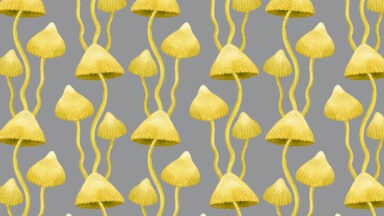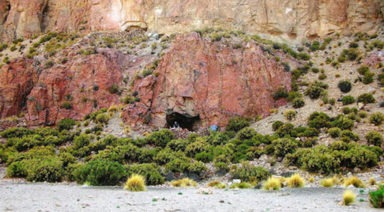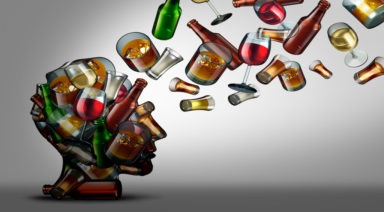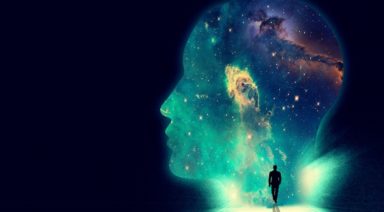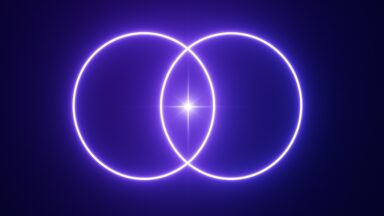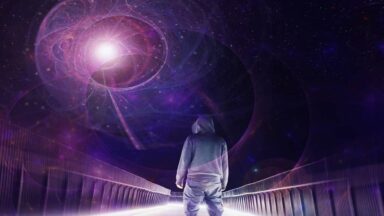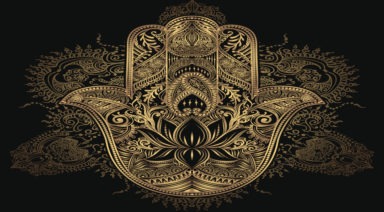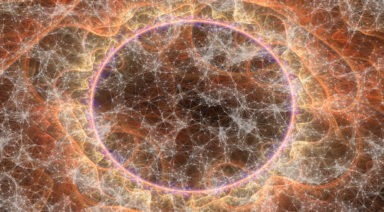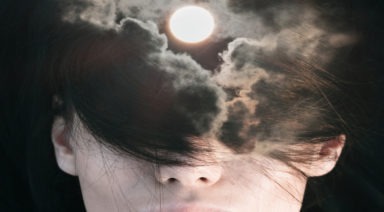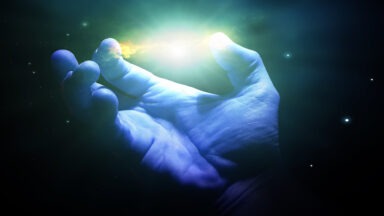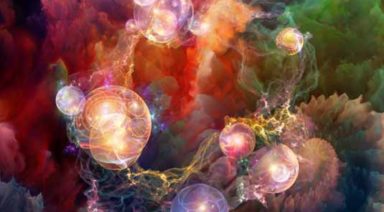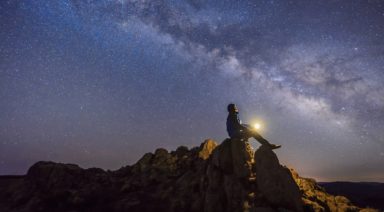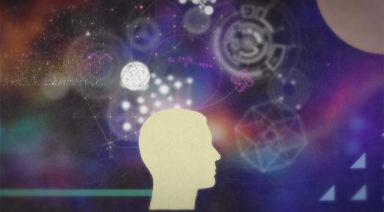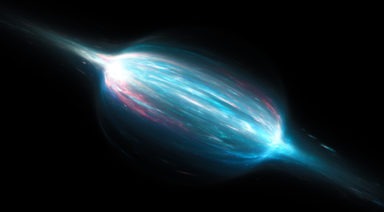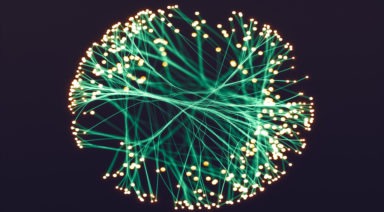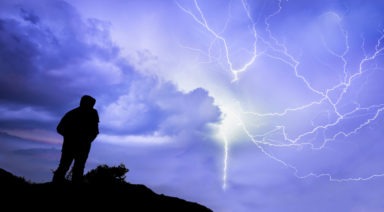FDA Gives Psilocybin Clinical Studies Breakthrough Therapy Status

The FDA recognized psilocybin, the psychoactive compound in magic mushrooms, with “Breakthrough Therapy” designation for clinical trials studying its use for treatment-resistant depression by a company called Compass Pathways. The group plans to treat patients in Europe and North America over the next year in placebo-controlled studies to determine proper dosage and treatment methods.
Since hallucinogenic drugs were given Schedule I designation in 1966, psilocin and psilocybin have been villainized by the media and politicians who claim it has a high potential for abuse and no medical application. But recent studies from esteemed research institutions, including Johns Hopkins and London’s Imperial College, have helped ease misconceptions and stigma surrounding the drug, and now government regulatory bodies are seeing its potential.
Compass Pathways, a life sciences company founded in 2016 whose focus is to “accelerate patient access to evidence-based innovation in mental health,” specifically through research with psilocybin, was given the go-ahead by the FDA back in August, but the recent designation was an unexpected acknowledgment, according to some of those involved in its research.
According to the FDA, “Breakthrough Therapy” means it reviewed the findings of researchers it granted use of the drug to and viewed their results as:
“Preliminary clinical evidence indicates that the drug may demonstrate substantial improvement over existing therapies on one or more clinically significant endpoints, such as substantial treatment effects observed early in clinical development.”
Once this designation is given, the FDA expedites the development and review of the drug, hopefully allowing medical professionals to soon begin implementing it as a legal, viable treatment and eventually change the scheduling of the drug.
Dr. Roland Griffiths, one of the foremost researchers in government-sanctioned studies of hallucinogenic drugs, told Inverse he’s hopeful the regulatory approval will change, though he doesn’t envision it becoming available from a pharmacy anytime soon, if ever.
Griffiths and his colleagues have mostly advocated for its use in controlled settings with guided sessions from a trained psychologist. He’s also stated he believes it can be a dangerous drug when taken by those with certain pre-existing mental illnesses, notably schizophrenia.
But now that studies have shown psilocybin to act as a “reset mechanism” in the brain for those suffering from severe forms of depression, this latest recognition from the FDA may allow psilocybin treatment to become available for those desperately needing it. This breakthrough may also pave the way for FDA trials with other psychedelic substances, such as LSD, currently studied by Griffiths and others in his field.
For more on Dr. Roland Griffith’s and other cutting edge work studying clinical treatments with psychedelic substances, check out this episode of Psychedelica:
Study Shows Psilocybin Promotes New Growth of Neurons in Brain
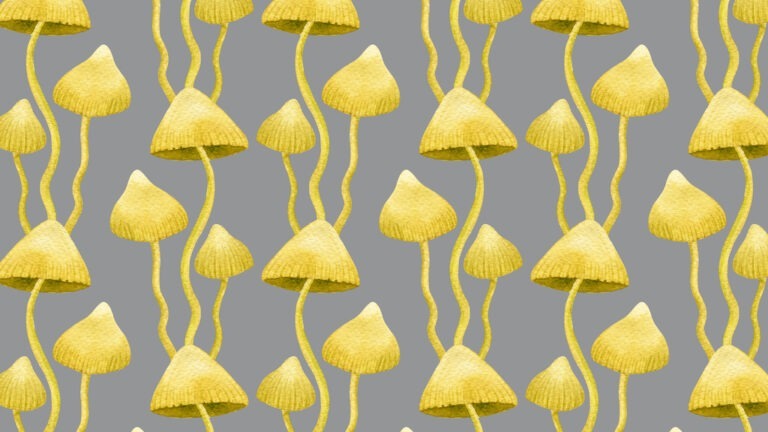
A major development in the treatment of depression shows psilocybin can actually grow connections inside the brain without a hallucinogenic trip.
As we have previously reported, researchers have found that psilocybin, the active ingredient in psychedelic mushrooms can reduce major depressive disorder in humans. but we have not known how it works or how long it will last.
Now a new study out of Yale University shows one dose of psilocybin in mice creates rapid and sustained connections between neurons.
Steven Grant Ph.D. Director of Research at the Heffter Research Institute, a non-profit organization a non-profit organization that promotes research into hallucinogens and the brain, has studied how drugs affect the brain for nearly 50 years.
“So, what they discovered, not only does a single dose of psilocybin produce the formation of neuronal growth as measured by what are called ‘spines,'” Grant said. “Spines are the little nubby protrusions off the branches of a neuron that are associated with the connections with other neurons, so presumably the more spines the more connections you have. And the study found that psilocybin not only produced growth in the number of spines, but it persisted over a month. So that’s remarkable — one dose produces this long-lasting change in the ability of the neurons to form new connections.”


